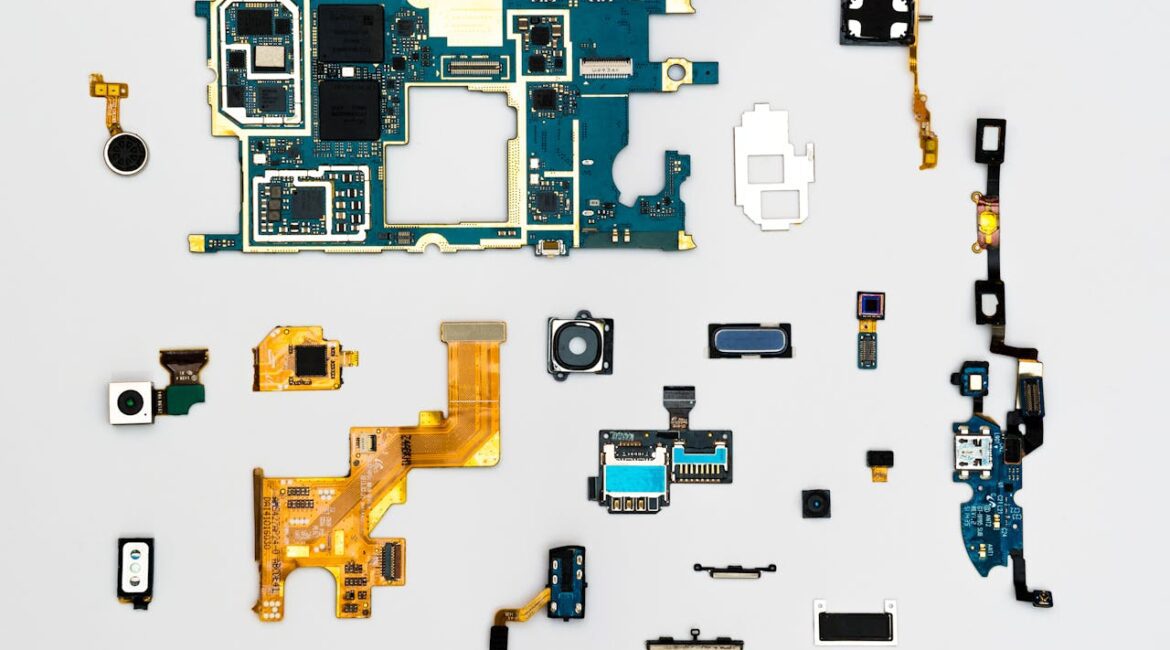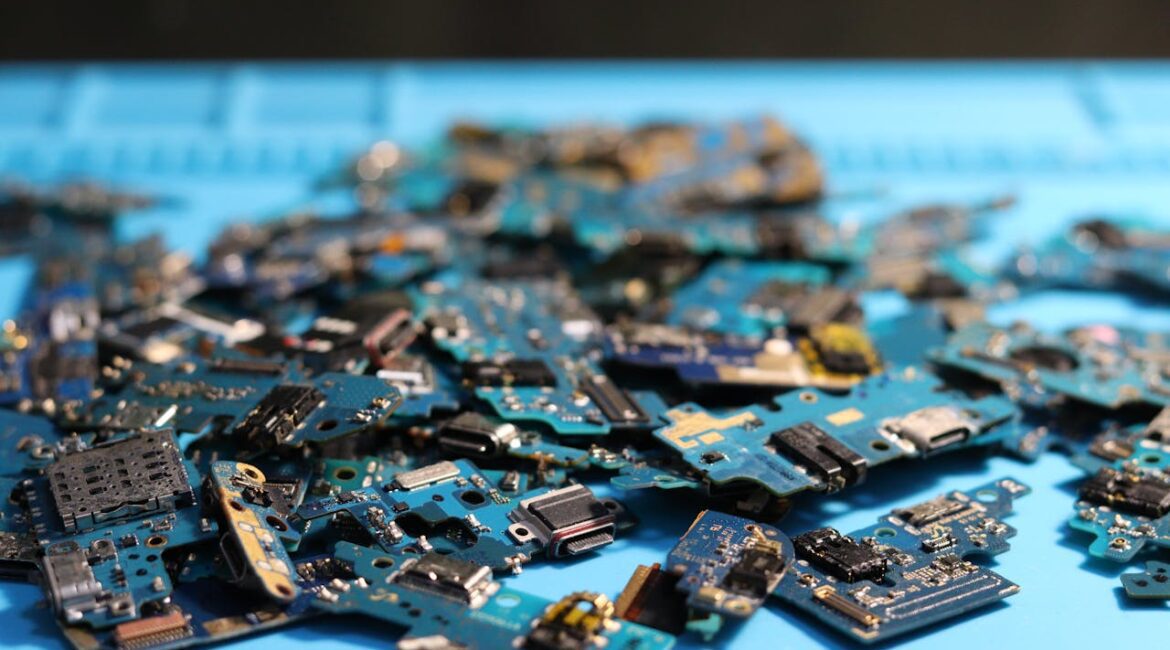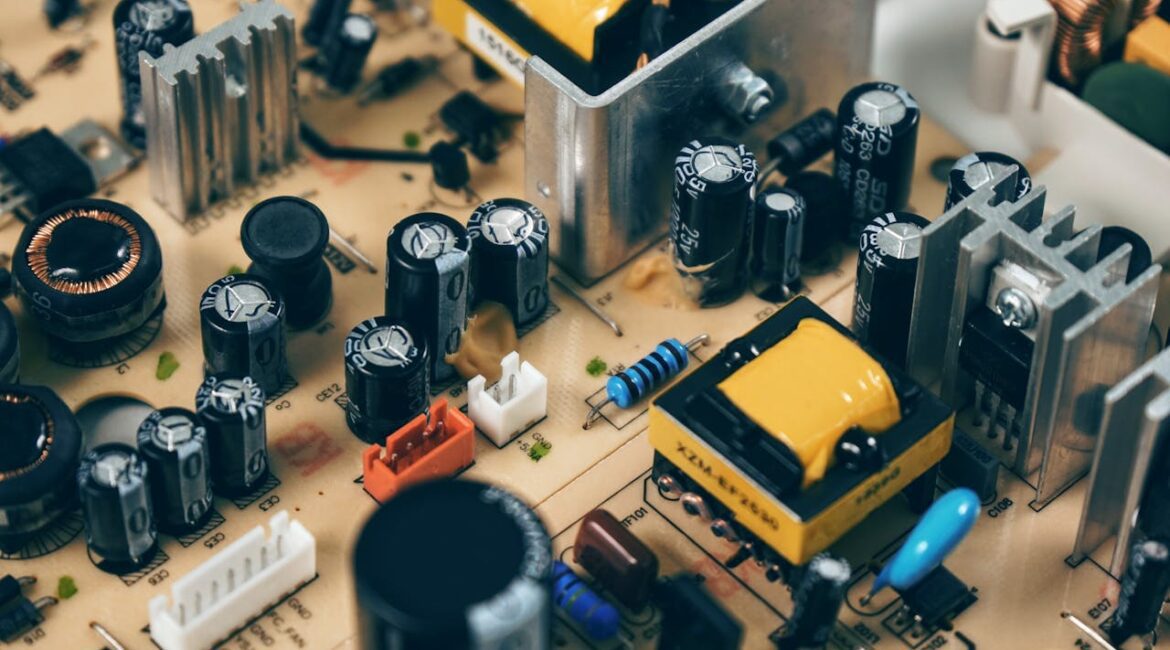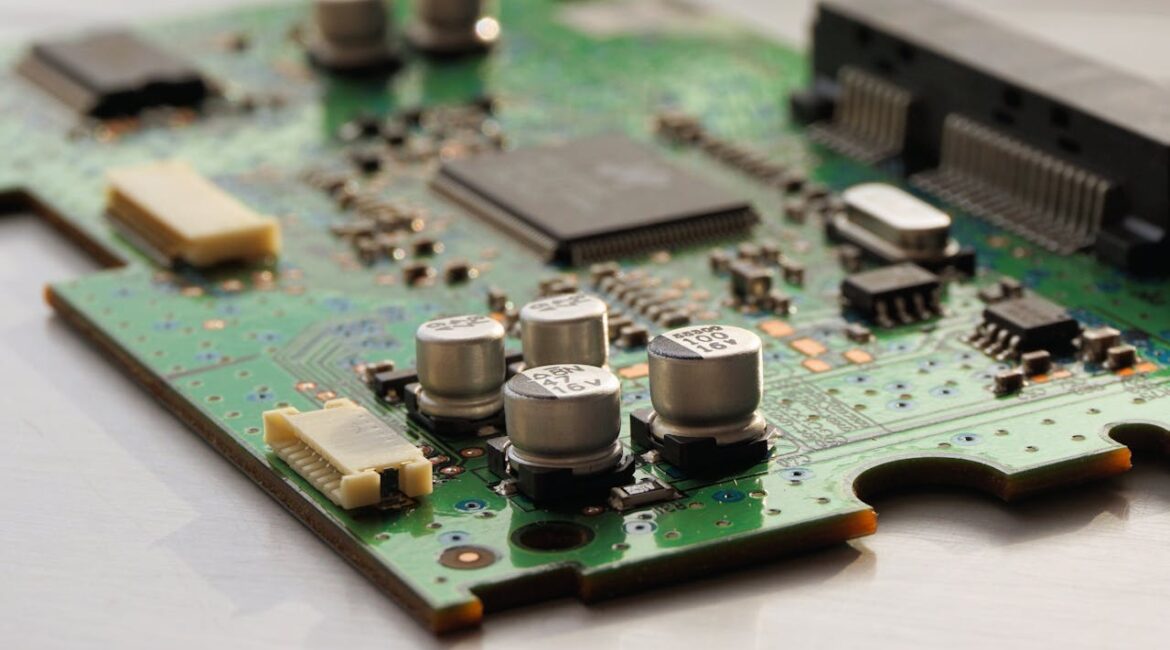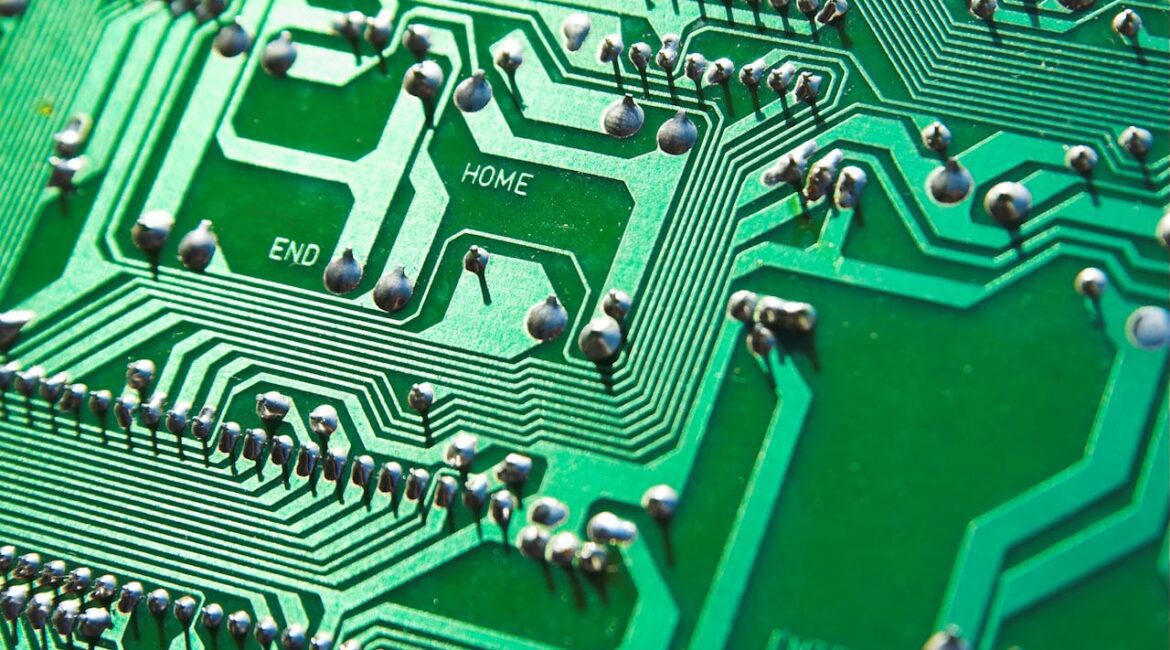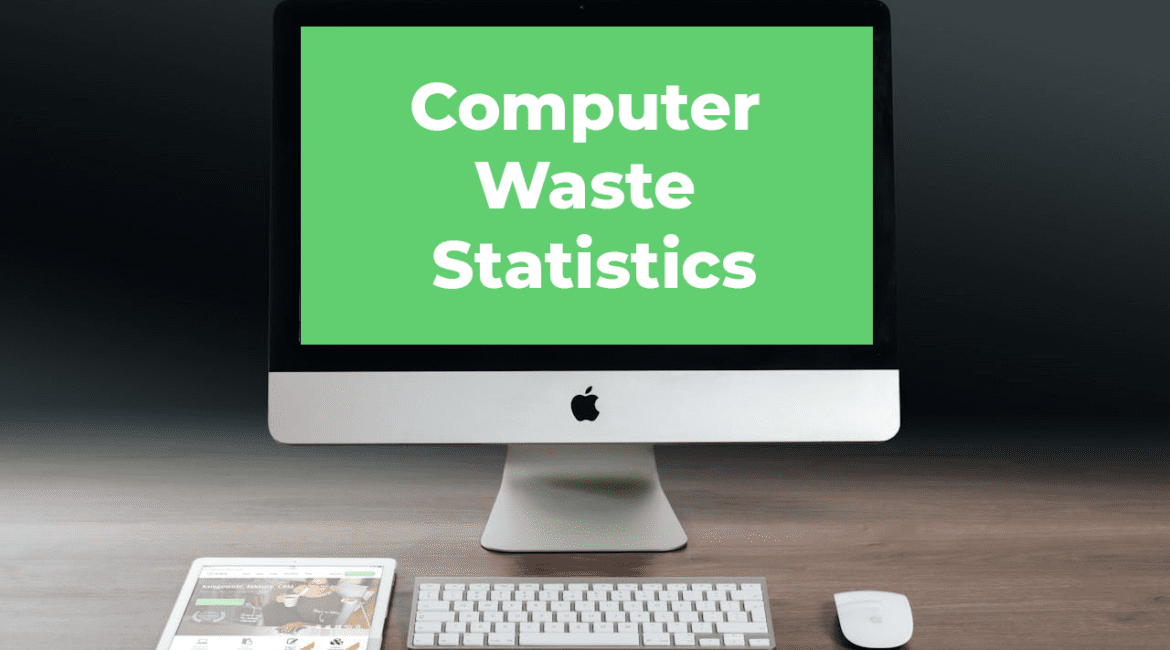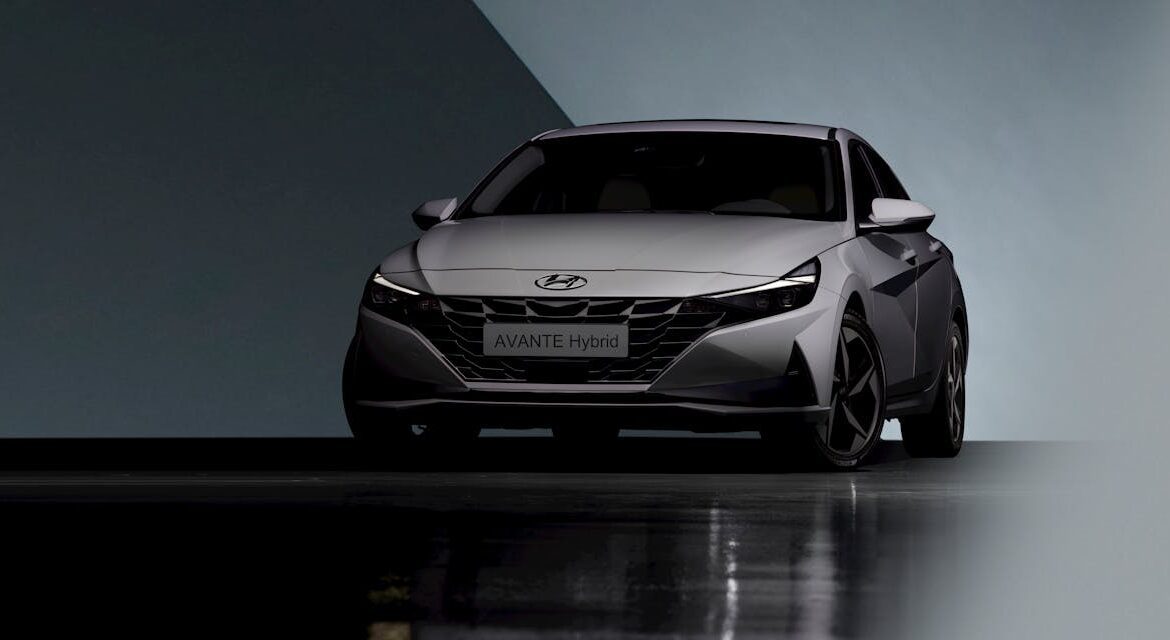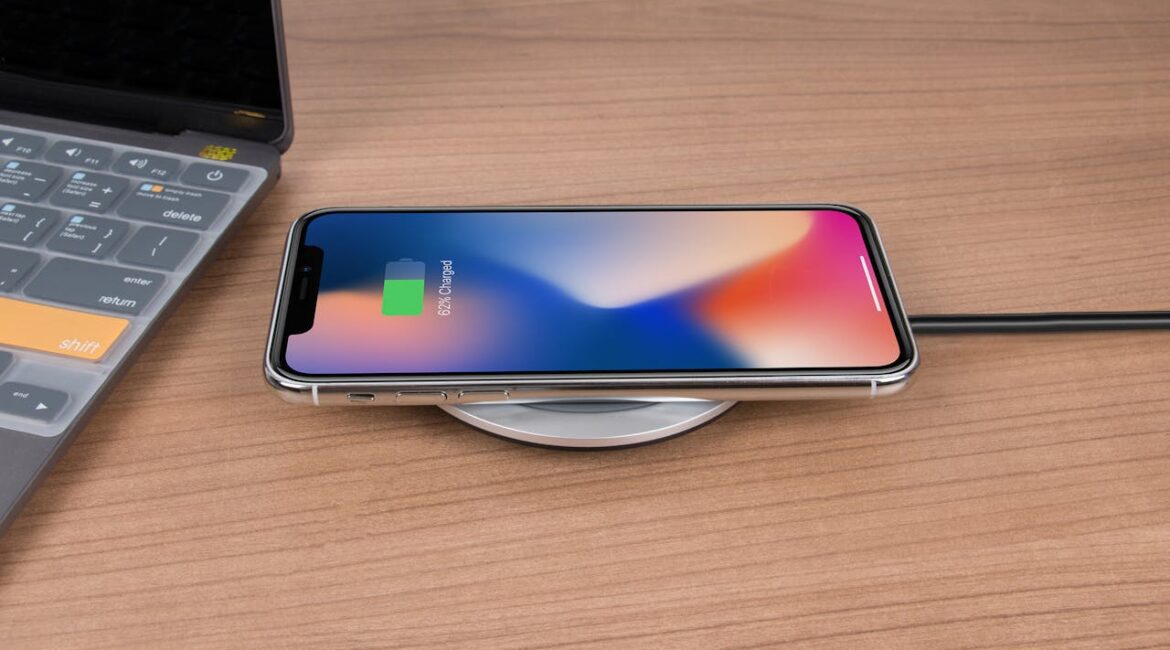Key Takeaways The Environment Agency (EA) regularly carries out inspections and audits to ensure businesses are meeting their WEEE obligations. You must keep all records for a minimum of three years (or longer if required by your compliance scheme). At Collect and Recycle, we support businesses across the UK with...
UK WEEE Regulation Changes in 2025
The government has confirmed major updates to the Waste Electrical and Electronic Equipment (WEEE) Regulations 2013, which come into force throughout 2025/26. These are part of the UK’s wider Extended Producer Responsibility (EPR) programme and aim to make waste management fairer, more transparent, and better aligned with circular economy goals.If...
WEEE Recycling Regulations For Online Marketplaces
UK Businesses: What You Need to KnowFrom August 2025, the UK’s electrical recycling laws changed with significant updates since the original Waste Electrical and Electronic Equipment (WEEE) Regulations were introduced in 2013.For the first time, online marketplace operators, platforms that allow third-party sellers to offer electrical goods to UK customers,...
What Is The RoHS Directive?
The Restriction of Hazardous Substances (RoHS) Directive is a key piece of European legislation. It is designed to reduce the environmental and health risks posed by hazardous materials found in electrical and electronic equipment. Introduced in 2003 and updated in subsequent years, the RoHS Directive limits the use of specific dangerous...
What Is WEEE Extended Producer Responsibility?
What IS WEEE EPR?Waste Electrical and Electronic Equipment (WEEE) regulations form an essential part of Extended Producer Responsibility (EPR) in the UK. These rules ensure that businesses which place electrical and electronic products on the market are also accountable for what happens to those products at the end of their...
What Is A PCB Board?
A PCB board, or Printed Circuit Board, is the backbone of most electronic devices. It’s the green (or sometimes blue or red) board you’ll see inside a gadget, filled with intricate copper lines and small components like resistors, transistors, and capacitors.These boards act as the nervous system of electronics, allowing...
Computer Waste Statistics 2025
Key Takeaways E-waste generation is forecast to exceed 80 million metric tons by 2030. There are almost 350 million tonnes of un-recycled e-waste on earth. WEEE makes up 70% of all toxic waste in the world. In the UK around 25% of people throw away old computers at the tip...
Can You Put Electrical Items In General Waste?
Key Takeaways Electrical items should not be placed in your general waste bin for kerbside collections. With 62 million metric tons generated across the world in 2022, the volume of discarded electronic material has nearly doubled since 2010. Electrical waste can be disposed of safely with professional collections, at licensed...
How Long Does The Battery Last On A Hybrid Car?
A hybrid car battery typically lasts 8-10 years or 100,000 miles. With proper maintenance and care, some owners may increase their lifespan to upto 200,000 miles.Your hybrid car battery life can be influenced by various factors that we will explore further in this article.What Can Impact Your Hybrid Car Batteries...
Are Lithium Batteries Rechargeable?
Lithium batteries are not designed to be recharged, whilst lithium ion batteries are rechargeable battery types. Li-ion battery demand is expected to grow by about 33 percent annually to reach around 4.7 GWh by 2030.So, what’s the difference between lithium and lithium-ion batteries? Let’s dive in and take a look...
